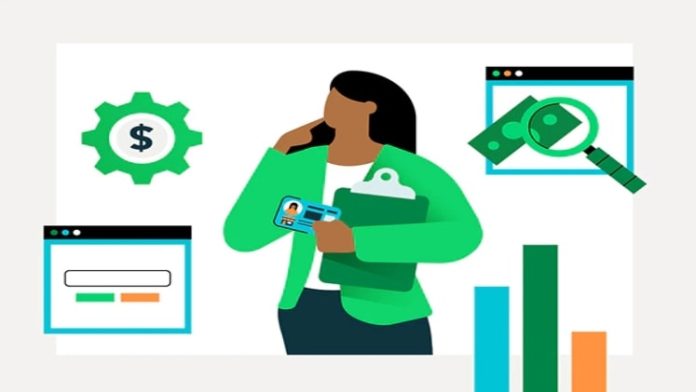Each business stage poses new problems. Once you have money, select where to put it. Large enterprises to single proprietors need a business bank account. There are a few things you should know before opening bank account for business.
We’ll explain why you need a business bank account, what paperwork you need, and how to choose one.
Why does your business needs a bank account?
These are some business bank account criteria.
1. EIN or SSN
Most banks need a business customer’s EIN to create a business checking or savings account, although others may allow single proprietors to open a small company account with only their SSN.
If you don’t have an EIN, you may get one for free on the IRS website if you have a valid Social Security Number and your firm is in the U.S. or its territories.
2. ID
Your bank will demand a driver’s license, passport, or other state-issued ID to verify your identity.
3. Formation paperwork
Banks need formation paperwork. Organizational documents for LLCs and corporations. These papers outline your company’s management structure, finances, and operations.
4. Leases
If you own a partnership or corporation, you’ll need a partnership or operating agreement. This outlines each owner’s rights and obligations and company operations.
5. License
Your bank requires verification of business licenses before opening a business account. Research what’s necessary to get a business license in your location.
6. Assumed-name certificate
If the name you use to market your business is different from its legal name, you need a certificate of an assumed name, or DBA name. This is required when opening a bank account.
7. Credit card sales
Businesses interested in obtaining a merchant services account to handle debit and credit cards should furnish their bank with monthly credit card income. Startups may not have credit card revenue, but they should estimate it.
Business bank account: how to open?
- Choose your accounts
Your organization may require many business bank accounts. Most frequent:
- Like a personal checking account, a company checking account receives and spends money. Working capital is kept here. Interest-bearing business checking accounts are unusual.
- This is where your organization puts money it won’t spend soon. Savings account funds receive interest but have tighter access restrictions.
- Credit and debit card transactions need a merchant services account.
2. Choose a bank
Find the correct bank after you know what accounts you need. Remember these:
- You need a bank that can supply the fundamental business accounts you need today, but aim to anticipate your future demands. Make sure your bank provides a business credit card and business loan if you may need them.
- Business bank accounts may charge monthly and per-transaction fees if you surpass a specified number of transactions per month. Cash deposit, ATM, and wire transfer costs are also to be avoided. Consider the services your bank utilizes and how fees might effect revenues.
- Most company savings accounts give interest, but some business checking accounts do as well. Higher rates are great, but you must consider other considerations.
- Branch-and-ATM network: If you think you’ll need cash, check sure your bank offers a significant fee-free ATM network in your region. Brick-and-mortar banks provide superior customer service, but have higher costs than internet banks.
- Accounting software: A excellent business bank account lets you check your balance, pay invoices, and shift cash online or with a mobile app. This simplifies bank reconciliation.
3. Collect papers
Now that you know which business bank accounts you need and which bank to deal with, acquire the necessary documentation. If you have questions, contact the bank.
4. Create an account
Some banks may need you to visit a branch to open a business account. If you have all the papers, applying shouldn’t take long.
If you have concerns or issues applying online, contact the bank. You want to complete everything right, so you don’t have bank or IRS concerns later.
5. Start using your account.
After setting up your account, you may deposit money and use it as a bank account. At account opening, your bank may request a minimum deposit. This may be cash or money sent electronically or via wire.
Keep in mind that Legal assistance Fintech Consulting will always help you with any problems you may encounter while opening a bank account for your business.

